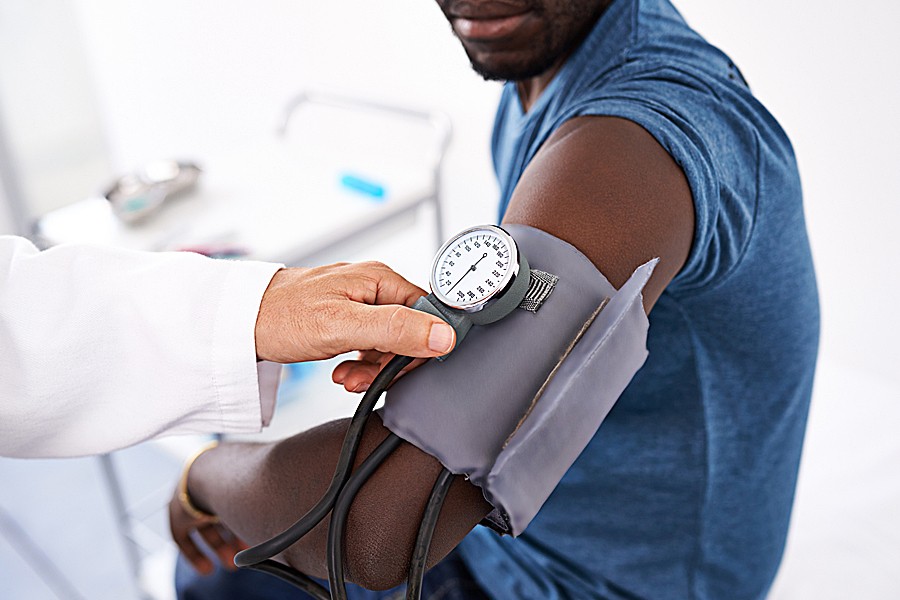High blood pressure is known as the silent killer because it usually has no warning signs or symptoms. Most people don't even know they have high blood pressure, and yet it is a primary contributing cause of 1,100 death each day.
What is blood pressure? Blood pressure is the force of blood pushing against your artery walls as the blood moves from your heart to other parts of your body. Your blood pressure rises and falls throughout the day, but if it stays too high for a long time, it will cause health problems.
High numbers got you down? Anyone can develop high blood pressure, also known as hypertension. You might think that only people over age 50 need to worry about their blood pressure, but young adults and even children can be affected by hypertension. Learn how you can control your high blood pressure or reduce your chances of developing it.
What do your numbers mean? First, you should know that your blood pressure is always measured in two numbers—systolic and diastolic pressure:
- Systolic pressure (the top number) is the pressure in your blood vessels when your heart beats.
- Diastolic pressure (the bottom number) is the pressure in your blood vessels when your heart rests between beats.
Normal blood pressure levels are 120/80 or below. At risk (hypertension) numbers are between 120/80 and 139/89. High (hypertension) numbers are 140/90 or higher.
What can trigger high blood pressure? Family history and certain medical conditions, such as diabetes, can put you at risk for high blood pressure. Unhealthy behaviors also increase your risk. Some examples of triggers are smoking, foods high in sodium and low in potassium, obesity, lack of physical activity, and too much alcohol.
What happens if high blood pressure is left untreated? If your blood pressure is up most of the time, your blood is pushing on your arteries with harder than normal force and if left untreated can lead to hardening of the arteries, heart attack, enlarged heart, kidney damage, or stroke.
What can you do? Know your numbers. Have your doctor or another health care professional measure your blood pressure. If you are at risk or already have high blood pressure, follow your doctor's instructions, which may include prescribed medication, daily physical activity, reduced sodium diet, smoking cessation, and reduced alcohol intake.
Don't wait until high blood pressure has begun to take its toll on your body. Be proactive and learn your numbers today. Get healthy for a better tomorrow.
Posted in Health+Well-Being
Tagged hr newswire








